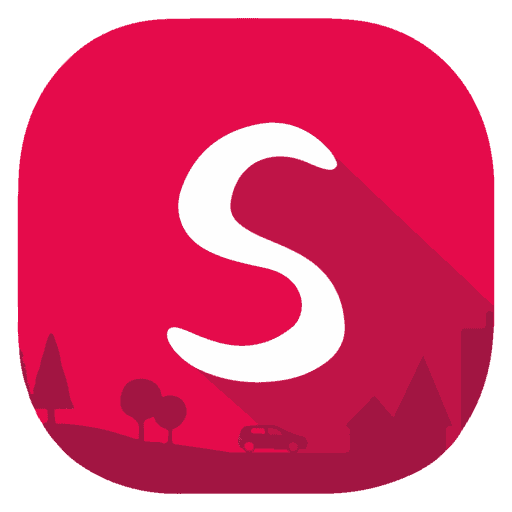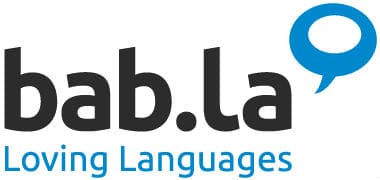MyTest Migii Mini-Review: Thorough and organized JLPT Prep
MyTest Migii
Summary
MyTest Migii helps you practice for the N5-N2 JLPT tests. It provides a comprehensive explanation of the JLPT test, in addition to 40 mock exams that provide specific recommendations for how to improve your weaknesses at the end. The practice sections are organized to train specific skills — the vocabulary section includes Kanji reading, orthography, and contextually-defined expressions, while the grammar section will improve your sentence composition. You can read passages of Japanese texts with reading comprehension or thematic comprehension activities, or test your listening comprehension with a variety of different tasks. The app’s SRS flashcards will support your studies, dividing grammar and vocabulary into separate flashcard sets. Furthermore, there are detailed explanations about sentence structure, which are accompanied by audio pronunciation, grammar, vocabulary, and a link to the dictionary with stroke order and example sentences. The app seems to have a couple of bugs, and you may find that some of the tests contain vocabulary or grammar not suitable to your chosen level. Furthermore, it seems to use text-to-voice instead of native speakers for its listening activities, and the flashcards are not as developed as Anki or other SRS apps. Nevertheless, it’s worth checking out, and there is a lot of free content to explore before deciding whether to dive into an annual or semi-annual membership.
MyTest Migii Mini-Review: Thorough and organized JLPT Prep Read More »










